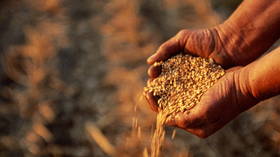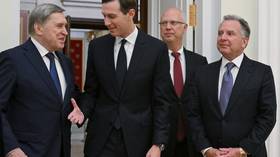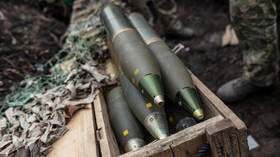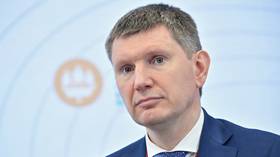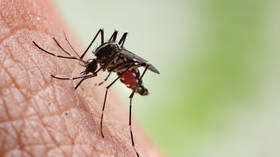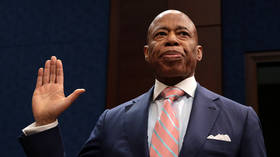UN chief supports Moscow’s aid proposal
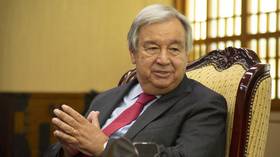
The UN's top official has pledged to help Russia donate some 300 tons of fertilizers stranded in European ports to developing nations.
“If Russia wants to provide fertilizers free of charge to developing countries, I believe the World Food Programme will be able to implement that desire,” Secretary-General Antonio Guterres said in an interview with the Russian news agency RIA Novosti, which was published on Monday.
He acknowledged that EU nations will first have to be convinced to allow the export of Russian fertilizers through their ports.
The offer to donate an estimated 300 tons of Russian fertilizer, unable to leave EU ports due to anti-Russian sanctions, came last Friday from Russian President Vladimir Putin.
In late July, the UN co-mediated an arrangement with Ukraine and Russia, which allowed the resumption of Ukrainian grain exports through the Black Sea. As part of the deal, the organization pledged to help ease Western restrictions on international trade that Russia says prevent it from exporting its food products and fertilizers.
“This week I had an intensive series of contacts with the leaders of the EU. And I hope there will be a positive change with regard to the possibility of distributing Russian grain and fertilizers without obstacles through Europe to other markets,” Guterres told RIA Novosti in another part of the interview, which was published on Saturday.
Putin previously criticized the grain deal, saying that while it was touted as a way to help poor countries deal with surging global food prices, in practice Ukrainian exports mostly went to rich EU nations.
The abundance of grain and other food products from Ukraine on European markets has apparently angered local producers, who are struggling to compete with the cheaper imports, the Wall Street Journal reported last week.
The EU previously had quotas and steep tariffs for Ukraine trade, protecting its own farmers and forcing Ukrainians to export most of their produce to other places. But the restrictions were lifted after Russia attacked the country in February, and European governments rushed to support Kiev with various forms of assistance.
